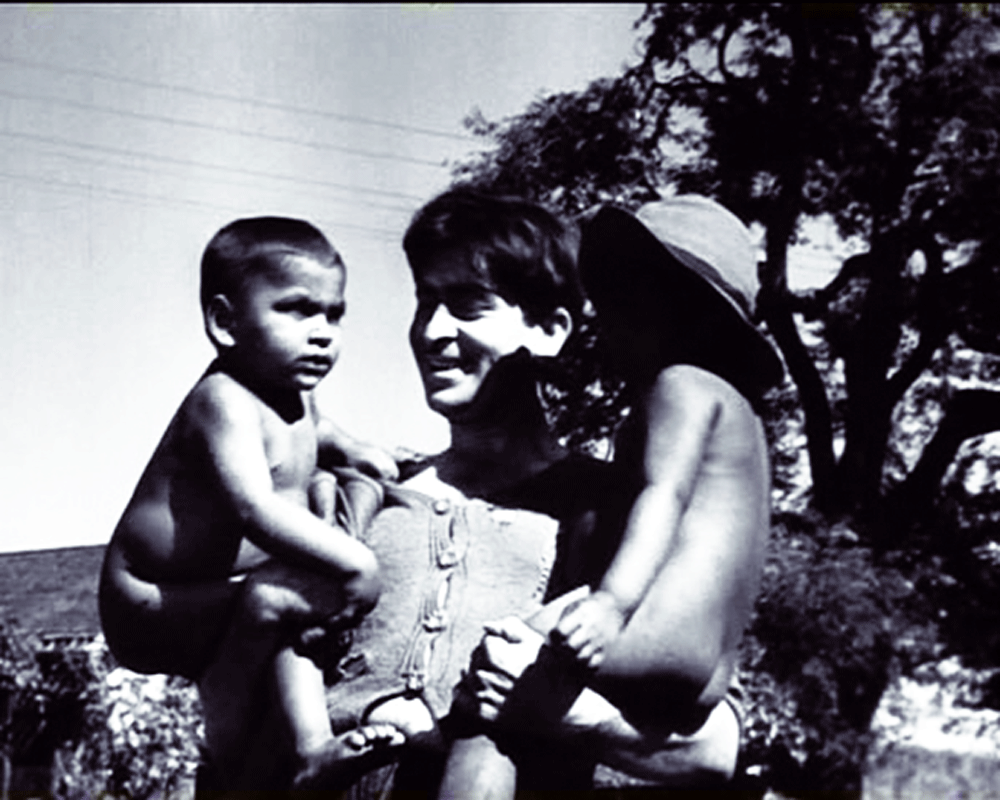There are no simple answers why many artists/writers gravitated towards Communism. They opposed Fascism but were purblind to Stalinism
Internationally renowned Greek composer Mikis Theodorakis (1925-2021) recently passed away in Athens at an advanced age of 96. Globally, he would be best remembered for his music in films like ‘Zorba the Greek’, ‘Z’ and ‘Serpico’. However, in his death, he was also recalled for something more. It was his strong commitment to Marxist ideology, for which he had suffered privation, incarceration, torture and exile in different phases of life. An immensely gifted Theodorakis could become an opulent virtuoso by monetising his talent. He did not disavow Communism, though he transcended it. Entire Greece mourned Theodorakis in his death, as they had celebrated the composer in his lifetime.
This brings us to the broader question why a number of leading artists, writers and creative personalities in the 20th century gravitated towards the Communist ideology. Communism never projected itself as ‘artistic’ as candidly as it claimed itself to be ‘scientific’. The simplest answer would be that many artists/writers felt inspired by the vision of an egalitarian society, oppression-free world and warless international order that Communism promised. A more complex psychological explanation would be that artists/writers — who moved in the subtle world of ideas, colours, rhyme and melody — saw in Communism an opportunity to change the world. Being the “unacknowledged legislators of the world”, as Percy Bysshe Shelley said of the poets, was a noble temptation. The opening line of a Hindi song by lyricist Shailendra would sum it up: “Tu zinda hai to, zindagi ki jeet mein yakin kar/Agar kahin hai swarg to utaar laa zameen par (If you are alive, believe in the triumph of life/If there is a heaven somewhere, bring it down upon earth). Shailendra himself was a Communist, and his song became an anthem in Indian People’s Theatre Association (IPTA).
The devastation caused by the First World War, followed by rise of ultranationalist ideologies like the Fascists and Nazis, was a trigger for emergence of progressive literature/art not only in Europe but far-off India. It was difficult to think of Berthold Brecht without the background of Inter-War period. However, why the reality of Communist USSR did not gnaw on the conscience of artists/writers is a matter of speculation. It was the fear psychosis at the spread of Communism that fuelled the rise of Fascism and Nazism in western Europe. The USSR had nationalised private property and collectivised agricultural land. Fascists and Nazis promised to defend private property, though their own party rule was a laterally inverted mirror image of the Bolshevik party.
Maxim Gorky, the iconic Russian author and member of Communist Party himself, wrote an unflattering description of the Bolshevik horrors. Gorky, “conscience of the Revolution”, became an inconvenient person, and sent to Germany, by the Russian leadership. Yet, he could not stir up the conscience of Europe on Bolshevism as he had about Czarist repressions once. Brecht’s poem Grabinschrift für Gorki (Epitaph for Gorky) is so weak in comparison to his anti-Fascist poems that it was better that he never wrote it.
Anti-Fascism provided the trigger for “organising” Progressive Literature and Culture in India in the 1930s. The Communists merely fitted into that “Big Tent”. Paucity of historical material, especially for the period 1939-1941, makes understanding of literary currents difficult.
This columnist had to depend upon the memoirs of exact contemporaries author-filmmaker Khwaja Ahmad Abbas (1914-87) and Communist researcher Chinmohan Sehnabis (1913-1987) to understand the growth of progressive literature and theatre in Bombay and Calcutta. Abbas, one of the founding members of the Bombay branch of Progressive Writers Association (PWA) in 1942, dismisses the myth that PWA was a front organisation of the Communist Party of India. He informs that less than half of the PWA members were Communists. However, “there was such energy in them, and their writings, such mesmeric dynamism in their character and personality, such evangelical fervour in the talk” that the legend arose that PWA was a Communist “front” organisation (KAA, I am not an Island, P.227).
Similarly, IPTA was an “odd spectrum of deepest Red and deepest Blue”, which brought rich socialites, socialists and thousands of mill workers together. “They were united by their desire to revitalise Indian theatre and to use it as a medium of progressive thought” (KAA, I write as I feel, P.30).
Sehnabis provides a similar picture in his Bengali collective writings — “46: Ekti Sanskritic Andolon Prasange” (46: About a Cultural Movement). Here, the numerical stands for the address 46, Dharmatala Street, Kolkata, from where the Youth Cultural Institute functioned since 1941. The YCI was actuated by anti-Fascist outlook but its guest speakers were not confined to believers in Communism. The YCI literary gatherings, which include music and films, were equally popular with a wide section of people. Sehnabis emphasises that in those days, no dogmatism of ideology prevailed.
This was how the Left entered the world of art and culture in alliance with others, but later gave a particular orientation to it. While one could criticise their dominance in the field of academia, media, historiography, literature and theatre, the criticism alone cannot provide an alternative. Left’s influence is on the wane, but they worked methodically to achieve what they achieved.
(The writer is an author and independent researcher based in New Delhi. The views expressed are personal.)


























